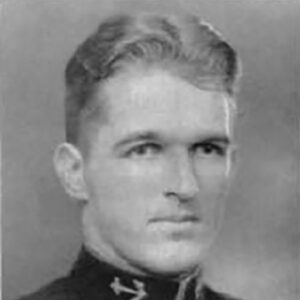 Frank G. Tinker
Frank G. Tinker
Gender: Male - Starting with T
 Frank G. Tinker
Frank G. Tinker
Tinker, Frank Glasgow
 Titan II Tour
Titan II Tour
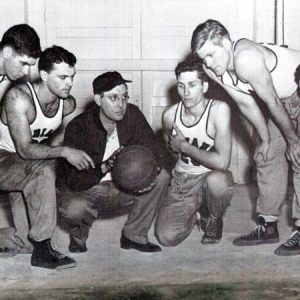 Ike Tomlinson
Ike Tomlinson
Tomlinson, James Albert “Ike”
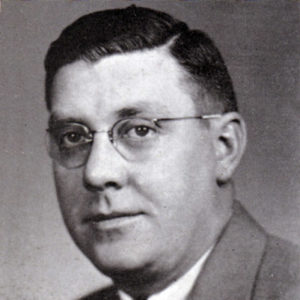 Ike Tomlinson
Ike Tomlinson
Tomson, Dan Fraser
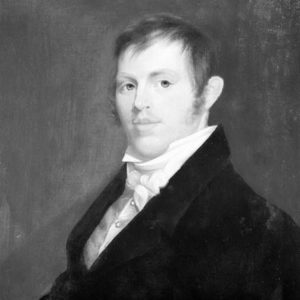 Silas Toncray
Silas Toncray
Totten, James
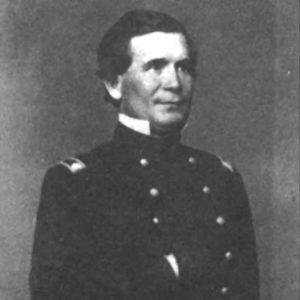 James Totten
James Totten
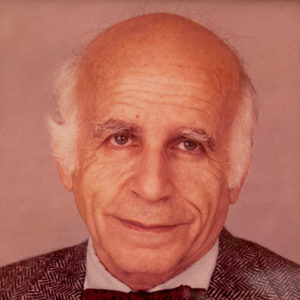 Eugene Towbin
Eugene Towbin
 Eugene Towbin and Patient
Eugene Towbin and Patient
 Eugene and Catherine Towbin
Eugene and Catherine Towbin
Towbin, Eugene Jonas
 Cameron Townsend in New Guinea
Cameron Townsend in New Guinea
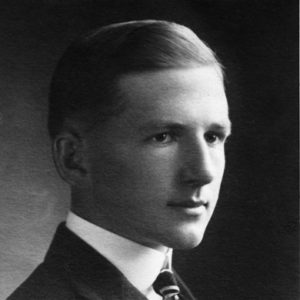 Cameron Townsend
Cameron Townsend
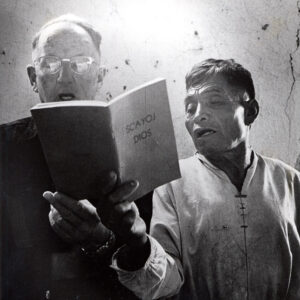 Cameron Townsend in Mexico
Cameron Townsend in Mexico
Townsend, Wallace
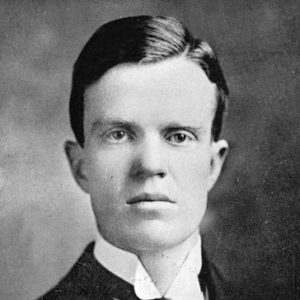 Wallace Townsend
Wallace Townsend
Townsend, William Cameron “Uncle Cam”
 Townsend and Assembly Members
Townsend and Assembly Members
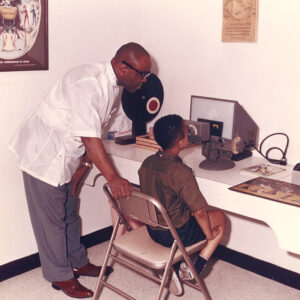 William Townsend
William Townsend
Trammell, Albert (Execution of)
Trammell, Bobby Lee
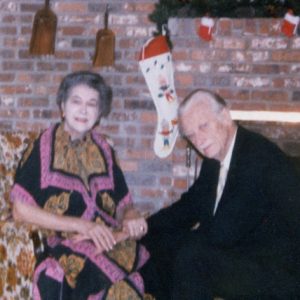 George Trapp
George Trapp
Trapp, George Francis
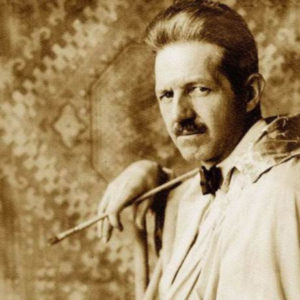 Olin Travis
Olin Travis
Travis, Olin Herman
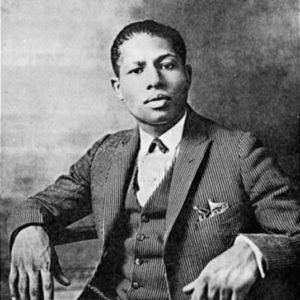 Phonnie Trent
Phonnie Trent
Trent, Alphonso E. “Phonnie”
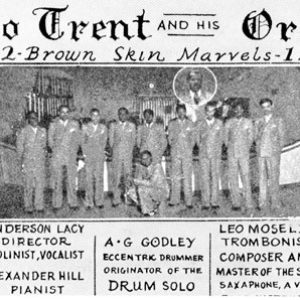 Alphonso Trent Orchestra
Alphonso Trent Orchestra
 Trey Buckner
Trey Buckner
 Trey Buckner in Washington
Trey Buckner in Washington
Tribou, George
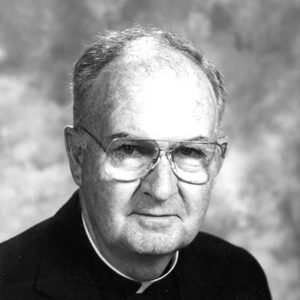 George Tribou
George Tribou
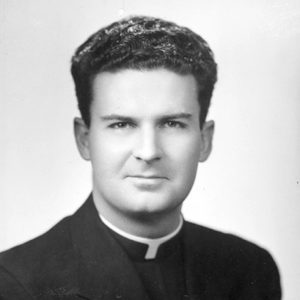 Young George Tribou
Young George Tribou
Trice, Will Carl
Trieber, Jacob
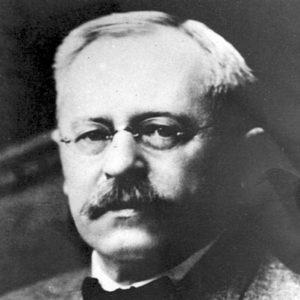 Jacob Trieber
Jacob Trieber
Trieschmann, John Werner, IV
Trimble, Jackson Stewart (J. S.)
Trimble, James William
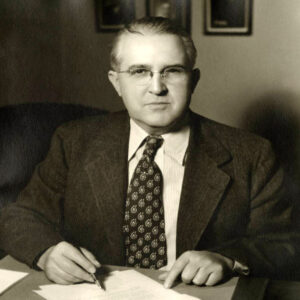 James William Trimble
James William Trimble
 Mike Trimble
Mike Trimble
Trimble, Mike
Trimble, Vance
 Vance Trimble
Vance Trimble
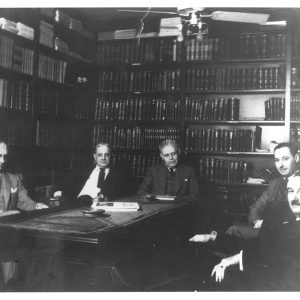 Trinity Hospital Founders
Trinity Hospital Founders




